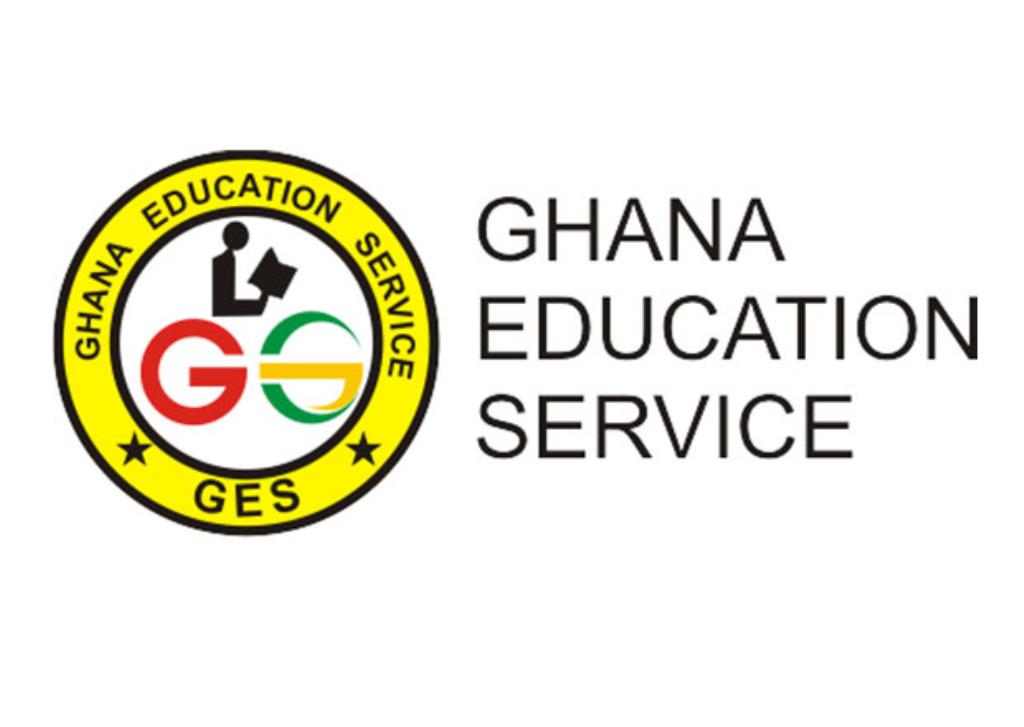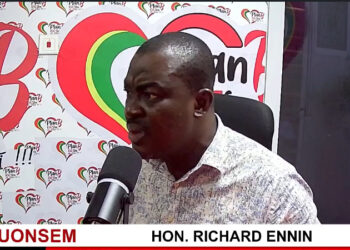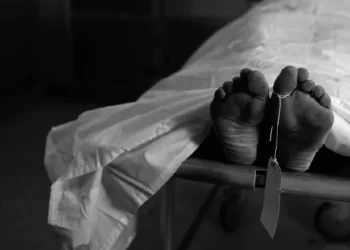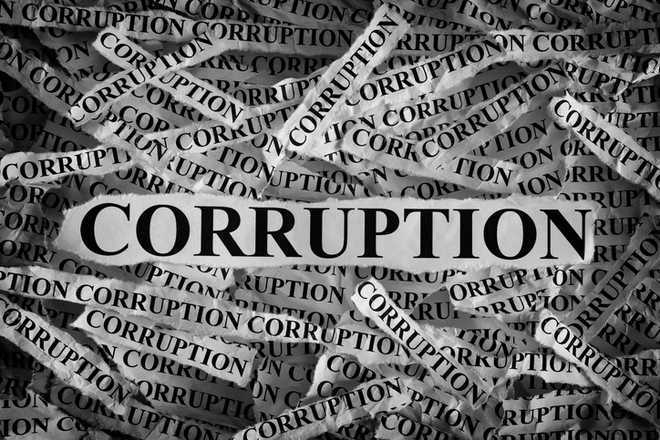The Ghana Association Writers (GAW) has urged the Ghana Education Service (GES) to enforce the implementation of the Local Languages Policy in schools, to promote teaching and learning in the mother tongue to make education meaningful to learners and inculcate the rich Ghanaian cultural values in young people.
Mr Francis Gbormittah, the President of GAW, made the call during the 2021 celebration of the International Mother Language Day, which was held virtually on Sunday, February 21.
The event was organised by GAW in collaboration with the Association of Teachers of Ghanaian Languages (ATGL) and the Ghana Commission for UNESCO.
It was held on the theme, “Fostering Multilingualism for Inclusion in Education and Society”.
Mr Gbormittah noted that the Association was concerned with the diminishing Ghanaian languages both in writing and in speech, therefore GAW considered the theme for the celebration apt and appropriate.
He said culture significantly manifests in language speaking of a people, therefore it was imperative to promote the writing and speaking of the mother tongue to entrench the Ghanaian culture.
“GAW believes that if our language dies, our rich culture will die. So, for the present generation and coming ones to take interest in their mother language depends on the writer’s contribution towards the return to our cultures and languages,” Francis Gbormittah noted.
To that end, the President of GAW said, the Association had taken a number of measures to reverse the wrong trend, including the institution of Ghanaian languages category in its annual Literacy Awards held every year in November. Additionally, the Association had been promoting reading and writing programmes in Senior High Schools across the country in collaboration with the Ghana Education Service under the GAW Schools Outreach Programme (GAWSOP).
Also, the engagements with the SHS led to the production of GAWSOP Filla, a junior literary magazine with stories and articles written by students, some of which were in Ghanaian languages.
The President of GAW encouraged parents and guardians to communicate with their children in the mother language to ensure familiarity and proficiency.
Professor Charles Owu-Ewie, the Dean, Faculty of Ghanaian Languages Education, University of Education, Winneba, Ajumako Campus, in a presentation titled “The Language-in-Education policy in Ghana and inclusion in the classroom, noted that the Ghanaian education system operated on a bilingual education mode as a medium of instruction. Therefore, education would become meaningful to learners when the local language was used as number one medium for instruction, especially at the lower grade level (KG-P3). To address the lack of teaching and learning in local languages in schools, he said, there should be adequate classroom support for the teaching in local -languages.
“One hallmark of any quality education is inclusion. However, most children in developing countries including Ghana are excluded from quality education because of language used as medium of instruction, especially at the early grade level,” he added.
Therefore, the late-exit bilingual education model and expansion of Ghanaian languages as medium of instruction should be pursued, Prof. Owu-Ewie said.
Various speakers, including Issahaku Alhassan, the President of ATGL and Emmanuel Gulari, the Acting Chairman of the North-East Region Branch of GAW shared the same concerns with Prof. Owu-Ewie.
A message to mark the day by Audrey Azoulay, the Director-General of UNESCO, was read by Diallo Abdourahamane, Head of Office, UNESCO, Ghana.
There was a panel discussion on the theme for the celebration by Dr Samuel Issah, Senior Lecturer at the College of Languages Education, University of Education, Winneba, Dr Musah Yambal Issahaku, former Principal of Dambai College of Education.










Discussion about this post